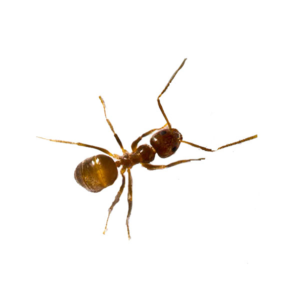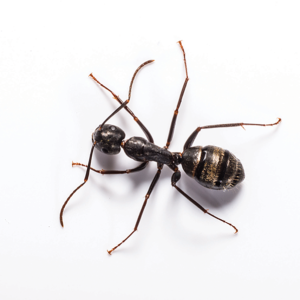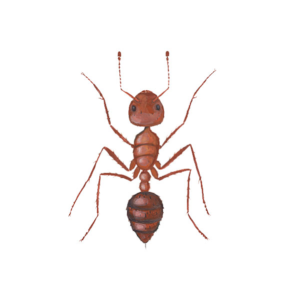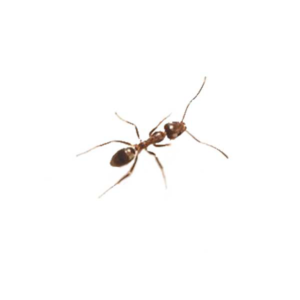
Pharaoh Ants in Atlanta, GA
In Atlanta, GA, one of the toughest ant species to manage is the Pharaoh ant. Their massive colonies, housing up to several million workers and numerous queens, make eradication challenging. As an invasive species, they overpower native ants, pushing them out of the area. Pharaoh ants swiftly divide and create new colonies when disturbed, which accelerates their spread within homes and buildings. Indoors, they settle in any secure nook within a structure, though they have a preference for lawns and gardens outdoors.
Pharaoh Ant Habitat
Pharaoh ants, on a constant quest for food, have a diverse diet including sweets, proteins, and both live and dead insects. They favor areas abundant in moisture, often establishing nests close to water sources like sprinkler systems and swamp coolers. Indoors, they tend to nest in hard-to-reach spots near moisture, such as bathrooms, kitchens, beneath floors, and behind baseboards. In specific facilities like hospitals, nursing homes, and food-processing areas, they frequent locations like kitchens, laundries, boiler rooms, heating ducts, toilets, and pipes. These resourceful ants navigate through electrical wiring and plumbing pipes, utilizing them as thoroughfares to traverse from room to room, granting them access throughout entire structures.
Pharaoh Ant Behaviors, Threats, or Dangers
While Pharaoh ants don’t bite, they’re carriers of various harmful pathogens like salmonella and streptococcus, posing risks to both people and pets. Their small size grants them access to nearly any space, leading to contamination of food and kitchen surfaces during their foraging expeditions in kitchens and cafeterias. In healthcare settings such as hospitals and nursing homes, they pose threats by contaminating sterile operating rooms, surgical equipment, and recovery areas. Additionally, traditional pest control methods often fail to manage Pharaoh ants effectively. If you suspect a Pharaoh ant infestation, don’t hesitate to contact a professional ant exterminator for assistance.




